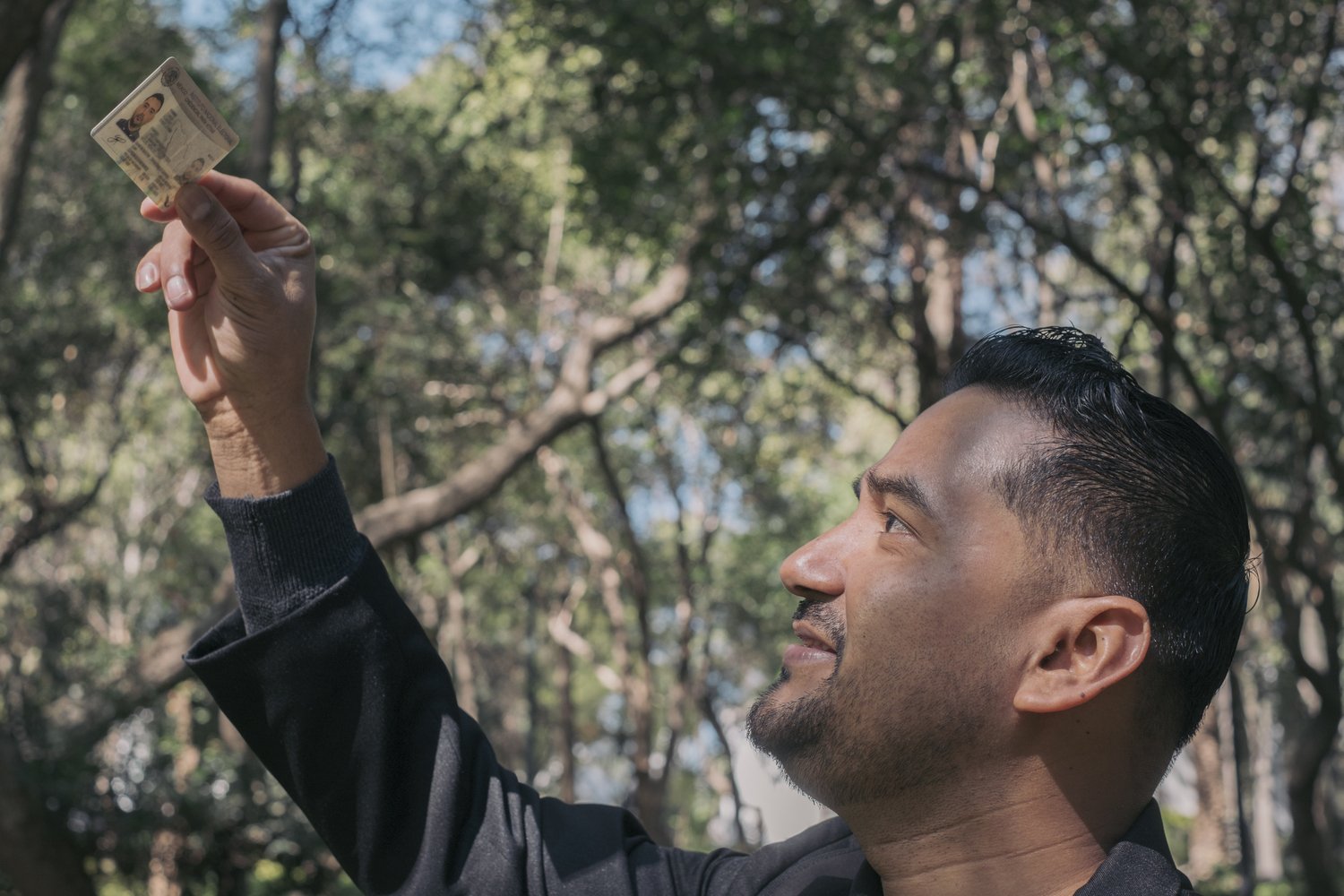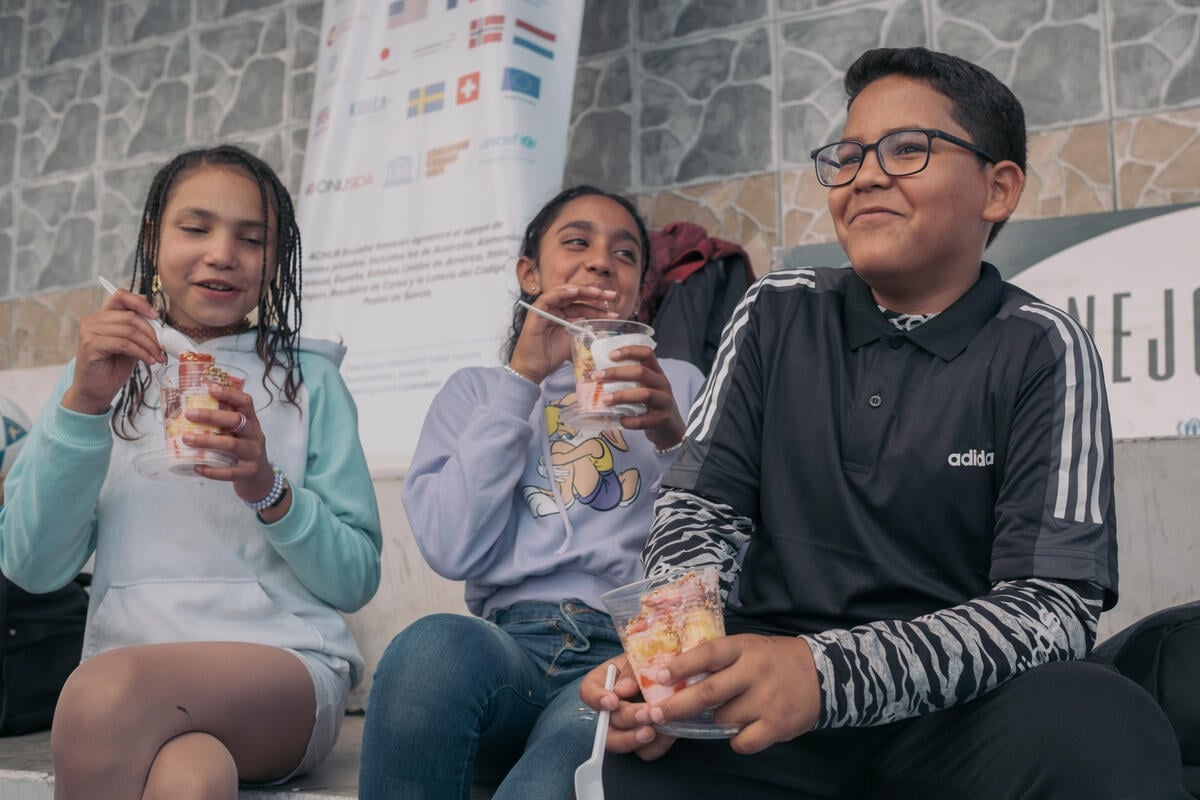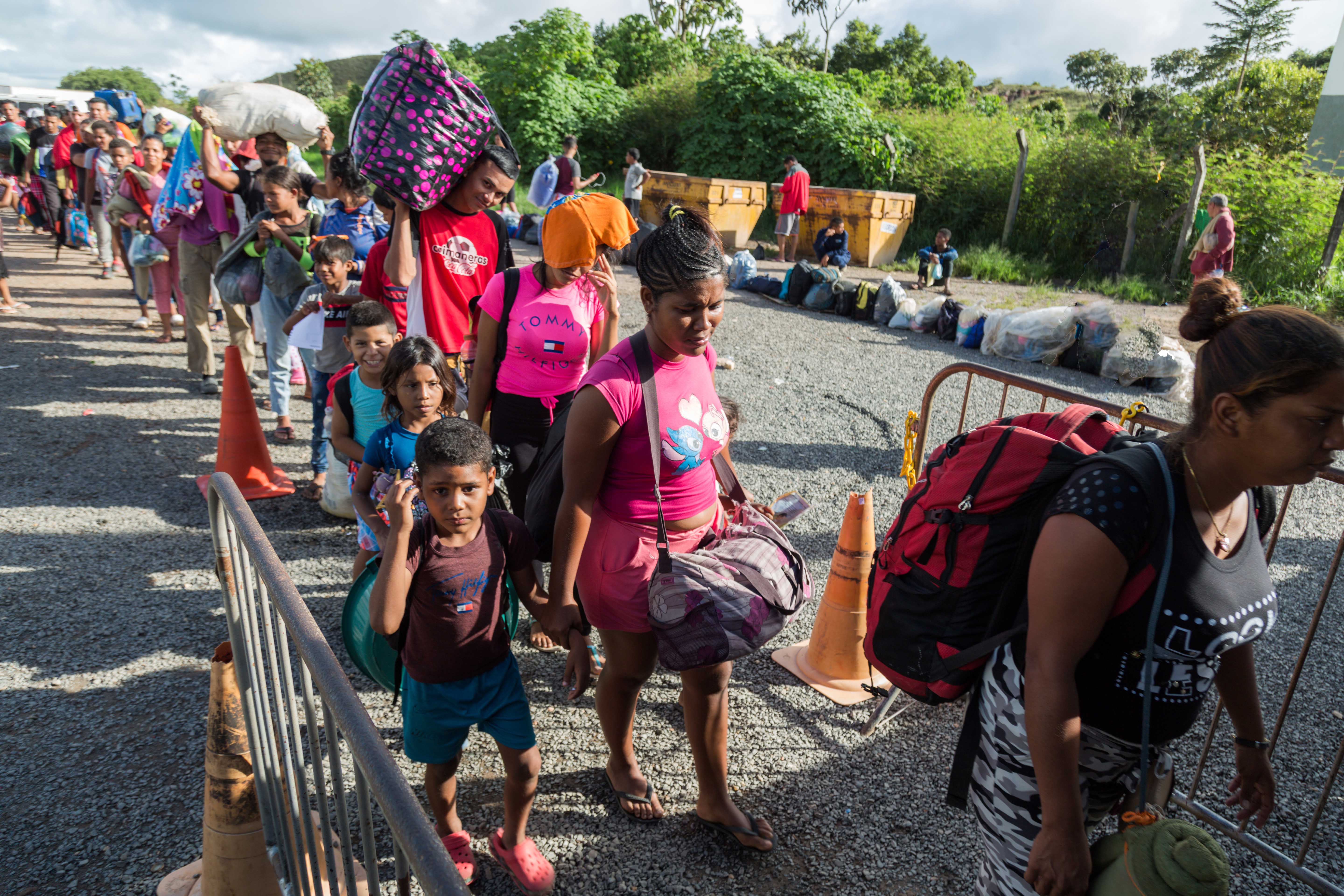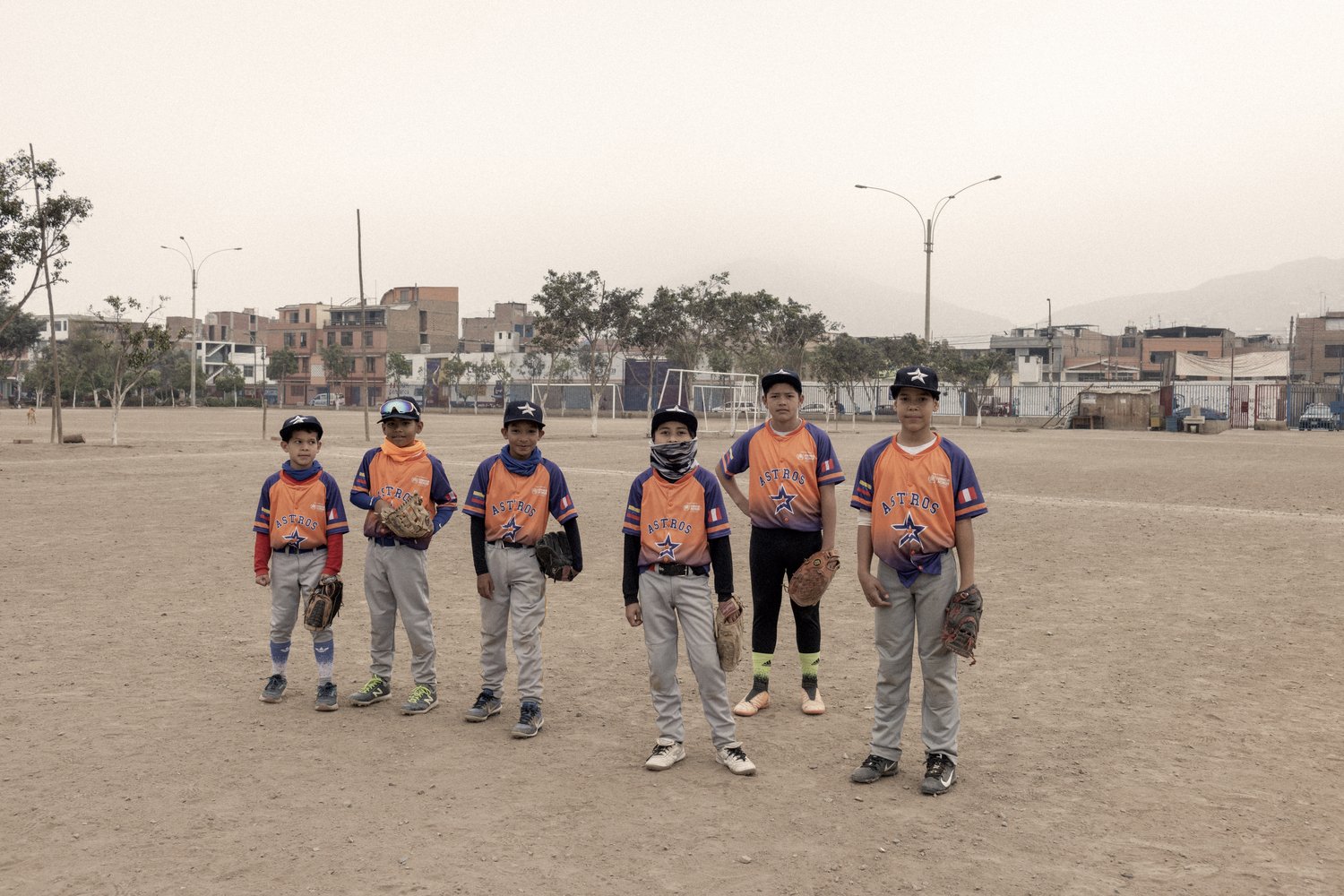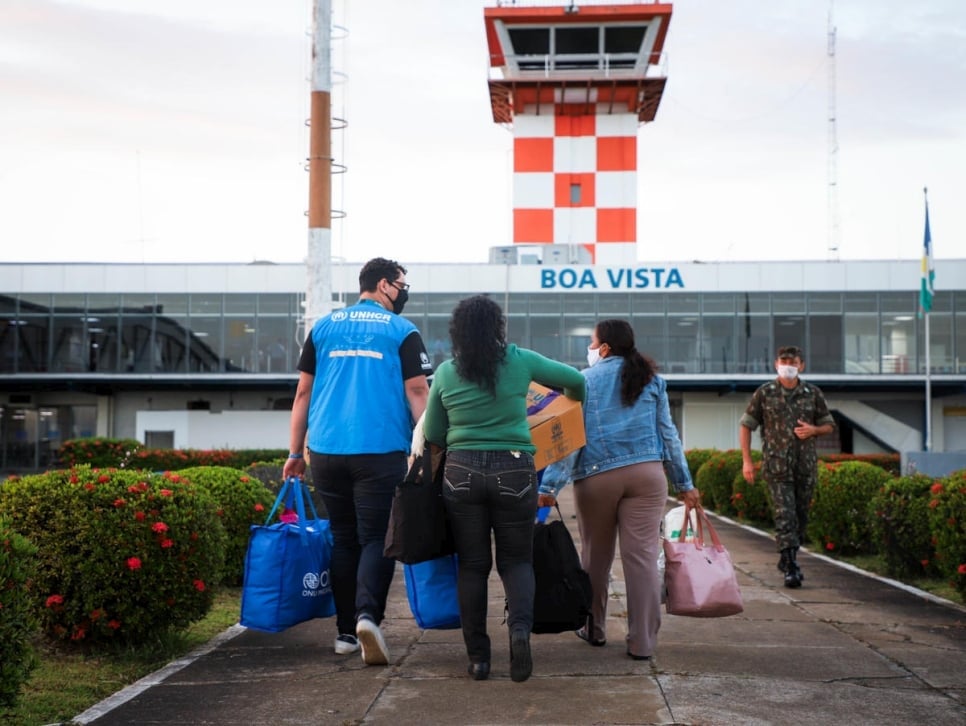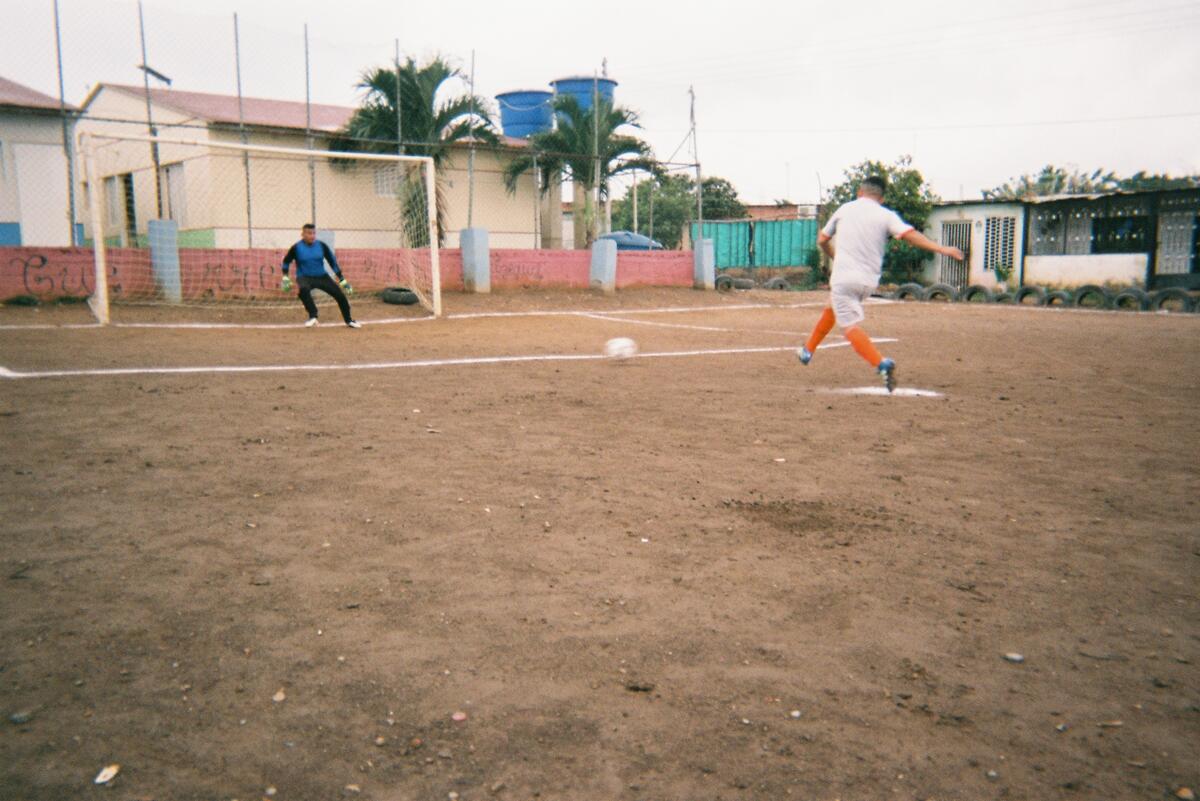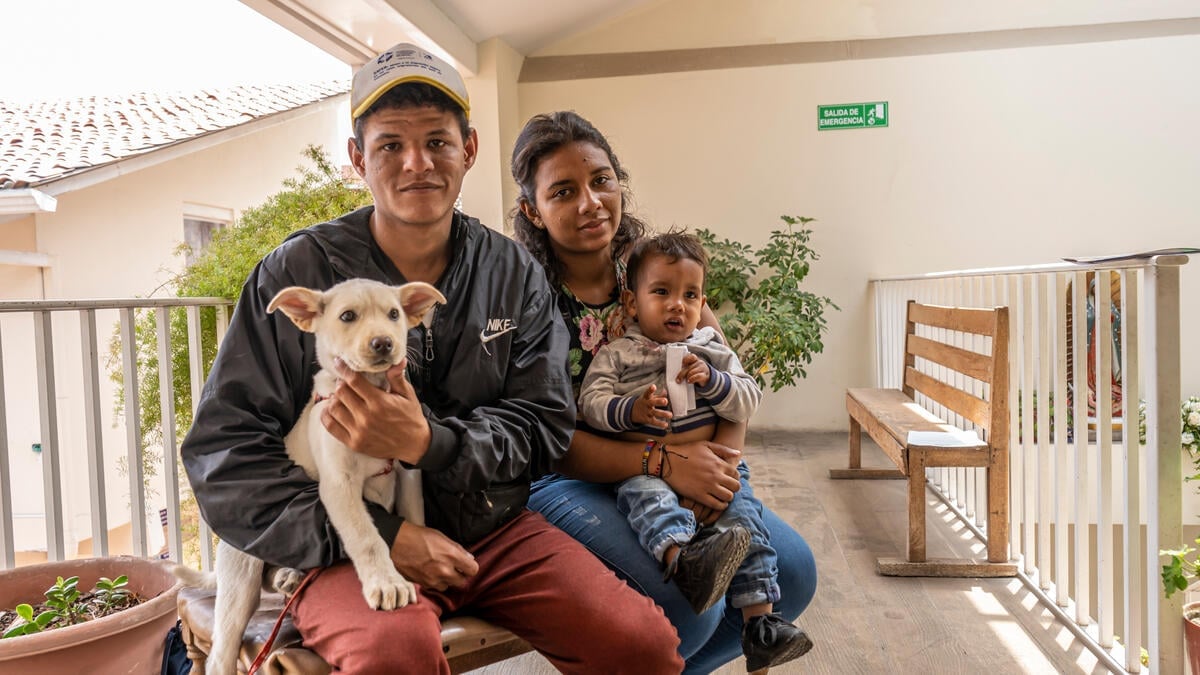Venezuela: historic step for National Refugee Commission
Venezuela: historic step for National Refugee Commission
In a historic step towards international refugee protection, Venezuela has granted refugee status to the first group of asylum seekers to pass through its recently established asylum application process. The move demonstrates Venezuela's commitment to the 1951 Refugee Convention.
UNHCR received official notification of the development yesterday from the National Refugee Commission. As outlined in the Venezuelan Refugee and Asylum Law, the 47 individuals, all Colombian nationals, will be presented with formal identification documents which recognize their right to live, work and study in Venezuela.
Established in July 2003, the National Refugee Commission is the first such institution in Venezuela. In addition to reviewing individual asylum applications and determining refugee status, the commission oversees the government's efforts to provide protection and assistance to those seeking asylum. For victims of the Colombian conflict, the granting of refugee status is important because it opens up the possibility of rebuilding their lives in Venezuela.
The Commission is an important step towards addressing the invisibility of Colombians in need of protection in Venezuela. Currently, a total of 2,338 individuals have requested refugee status in Venezuela. However, as many as 15,000 are estimated to be in need of protection. Tens of thousands of victims of the Colombian conflict have also requested refugee status in the neighbouring countries of Ecuador, Costa Rica, Peru and Panama, and many thousands more have sought asylum in the US, Canada and Europe.
In addition to providing the National Refugee Commission with continuing technical assistance, training and expertise, UNHCR is carrying out a Refugee Registration Project in Venezuela. UNHCR also supports the communities that host refugees, mainly in the border zones of Venezuela, through projects to improve education and health facilities and to generate income in the communities.


